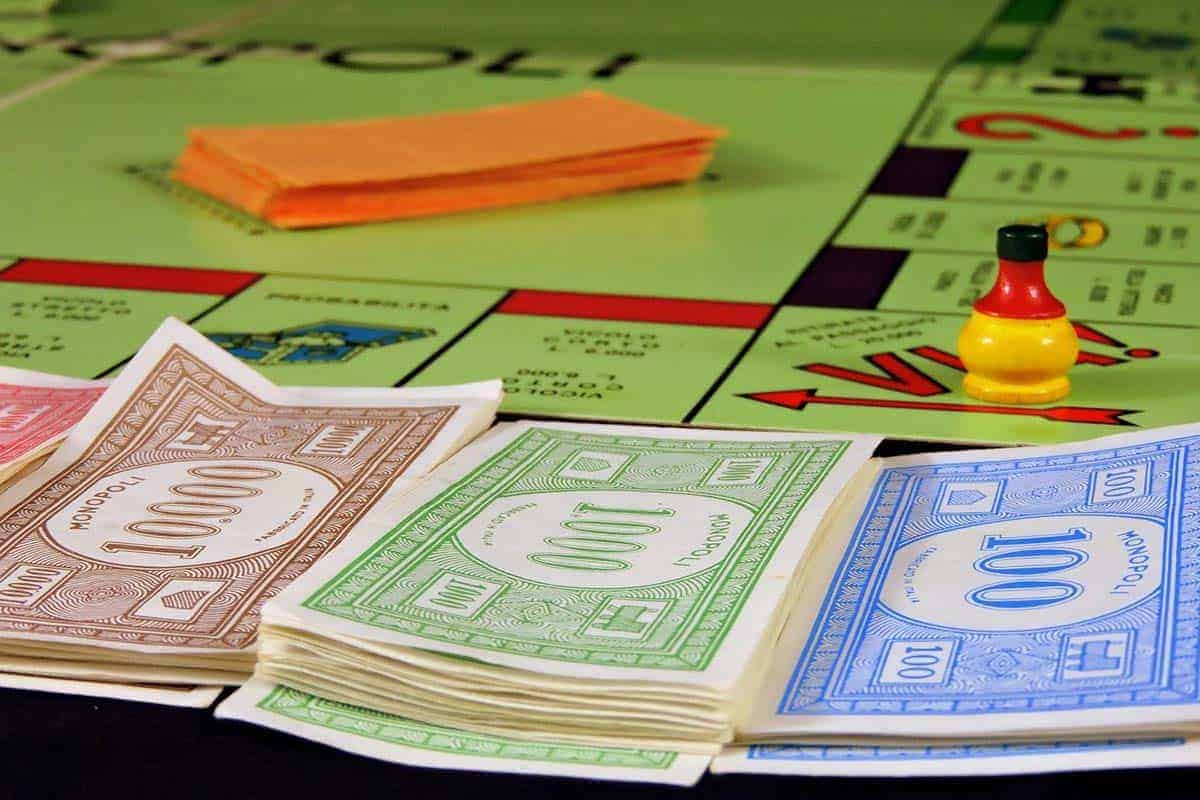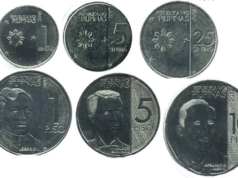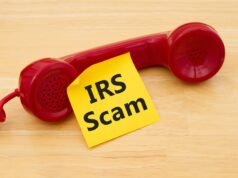Monopoly has become a very popular game and it is played all over the world. This game is so much part of the culture that people even use terms like “land on free parking” or “monopoly money”.
How much money do you start with in monopoly?
Every player in the game of monopoly will start with $1,500. The money is broken down into different denominations; two $500 bills, four $100 bills, a $50 bill, and five $1 bills.
Monopoly is an interesting board game just like chess and scrabble. If you are a newbie or an intermediate player who wants to learn about the game of monopoly, this post will teach you how to play the game and all the rules guiding the game.
Monopoly Money: Managing It
The game of monopoly is all about money. It revolves around the money that flows in and out of a central bank. There are rules about the amount of money the bank and players should have at the beginning of the game. There are also rules that guide what to do if, for instance, the bank is short of funds.
1. Monopoly Money
Monopoly money entails 20 beige $100, 20 orange $500 bills, 50 green $20, 30 blue $50 bills, 40 yellow $10 bills, 40 white $1 bills, and 40 pink $5 bills.
2. Money in the Central Bank
Before 2008, the bank in the monopoly game starts with $15,140 in cash. In 2008 however, the games made after September had $20,580 in the bank. (Accounting for inflation). Some of the bills came in different colors: $20 bills got a brighter green hue, $10 bills came in blue and $50 in purple. There are also 30 pieces of each denomination instead of different numbers of each.
3. Amount of Money Each Monopoly Player Starts With
Each player in the monopoly game starts with 1,500 dollars. The money is broken down into two $500 bills, four $100 bills, a $50 bill, and five $1 bills. At the beginning of the game, the central bank holds all 12 motels and 32 houses.
4. Extra Money in the Central Bank
The bank may repeatedly run out of money, especially if you are playing with several people. When this happens, you can add as much money as you want. You can make money out of papers. You can also use poker chips or checkers to indicate the denomination.
If you want the money to be a real monopoly money, you can buy the money in a hobby store, toy store, or buy it online.
Monopoly Rules and How To Play The Game
All the monopoly rules you will find below are the official game instructions that came with the original U.S. Monopoly sets in 2008. If these instructions are different from the way your family plays the game, that’s alright.
The objective of the game is to become the richest player by buying and selling, trading, and collecting rent on acquired properties.
You can end the game when al players, except one has gone bankrupt. You can also set a time limit. When you reach the limit, you can name the wealthiest player the winner. It all depends on how long you want to play.
Number Of Players Needed For The Game of Monopoly
2-8 players are needed to play the game.
Components of the game
- 1 board
- 2 dice
- 32 houses
- 12 Hotels
- Tokens for every player
- 28 Title Deed cards for all properties
- 16 Chance and 16 Community Chest cards
- Money
Setup The Game
To set up the board. Stack the community chest cards and the chance on the board in the right spaces.
All players will choose a token to move around the board. All tokens start on the GO space.
All the game players will receive $1,500 to start playing. One of the players will need to be designated the banker. The banker’s job is to share and collect money. The banker also manages the hotels, houses, and other properties.
Game Play
Each player rolls the dice twice before the game play starts. The first player to play is the one with the highest total value. Then the next player goes (play moves clockwise left)
2 dices are rolled on each player’s turn and the player’s token moves space determined by the value rolled. An action will be taken based on the space the player lands on.
About The Board Spaces And Actions
Most spaces on the board represents a property. When a player lands on a space, he or she can purchase the property from the central bank. You can find the price of the property on the bottom of that space.
When a player lands on a chance space and he draws the chance card, the player will complete the action described on the card and he will return the card to the bottom of the pile.
When a player lands on a tax space, he or she will pay the tax as described.
A player may find himself on the jail space. This doesn’t mean the player will go to jail. He or she just needs to visit the jail.
A player may land on the free parking space. No action is required.
A player may find himself on the go to jail space. This means the player will go in to jail.
If a player lands on the GO space or passes the space, he or she will collect $200 from the bank.
A player may land on a property space owned by another player. He or she will pay the space owner the rent. The amount to be paid is listed on the property card.
Winning The Game of Monopoly
If a player owes more money than he can pay and he has no properties he can sell to make up, he is declared bankrupt and can no longer play.
The last player standing after others have gone bankrupt is named the winner of the game.
Rules Guiding The Game
If a player lands on an open property and he chooses not to buy that property from the bank for the actual price, the property is put up for auction; all players will bid on the property and the highest bidder gets the property.
When another player lands on your space, you will ask and collect the rent before the next player rolls the dice.
If a player rolls the dice and both dice have the same number, that player will move the amount, take the action, and roll the dice again. This is called rolling doubles. If you roll three doubles in a row, you will go directly to jail without collecting 200 dollars or passing GO.
If a player is in jail, he has 3 ways to get out. He can get out if he rolls the same number on both dice. He can get out if he plays a get out of jail free card. This card can be bought from another player a price they agree upon or drawn from the chance or community chest piles.
The player can also pay $50 to the bank before rolling the dice, then whatever the player rolls, he can move that many spaces.
If you own all the properties that have the same color, the rent is doubled. For example, if you own all the orange properties, and someone lands on Tennessee ave, the rent becomes $28.
If you own all properties that are of the same color, you can buy houses for the properties. You can find the cost of the house on the property card, and then pay to the bank.
The rent of the house on a property increases according to the property card. Houses will be shared as evenly as it can be shared among properties. That means each property must have a house before another house is added to it.
A hotel can be bought once all properties in a color has 4 houses. This will increase the rent for any player that lands on the property. Money that is spent on hotels will be paid to the bank.
If the bank runs out of hotels and houses to sell, and a player wants to buy, that player will have to wait for a hotel or house to be sold back to the bank before he can buy his own.
If necessary, a player can sell houses or hotels back to the bank. The house or hotel will be sold for half the price the player paid. If there is a property without house or hotel, a player can sell it to another player for an agreed price.
You can mortgage a property without house or hotel back to the bank. You will find the mortgaged amount on the back of the card. No rent is collected for a mortgaged property when another player lands on it.
When you pay the mortgage amount back to the bank, the mortgage will be lifted. You will have to pay the mortgage plus 10%.
You May Like These Articles As Well:
Building Your Future: 5 Small Investment Tips for Beginners
Why is it Important to Have Good Credit? This is What You Need to Know









